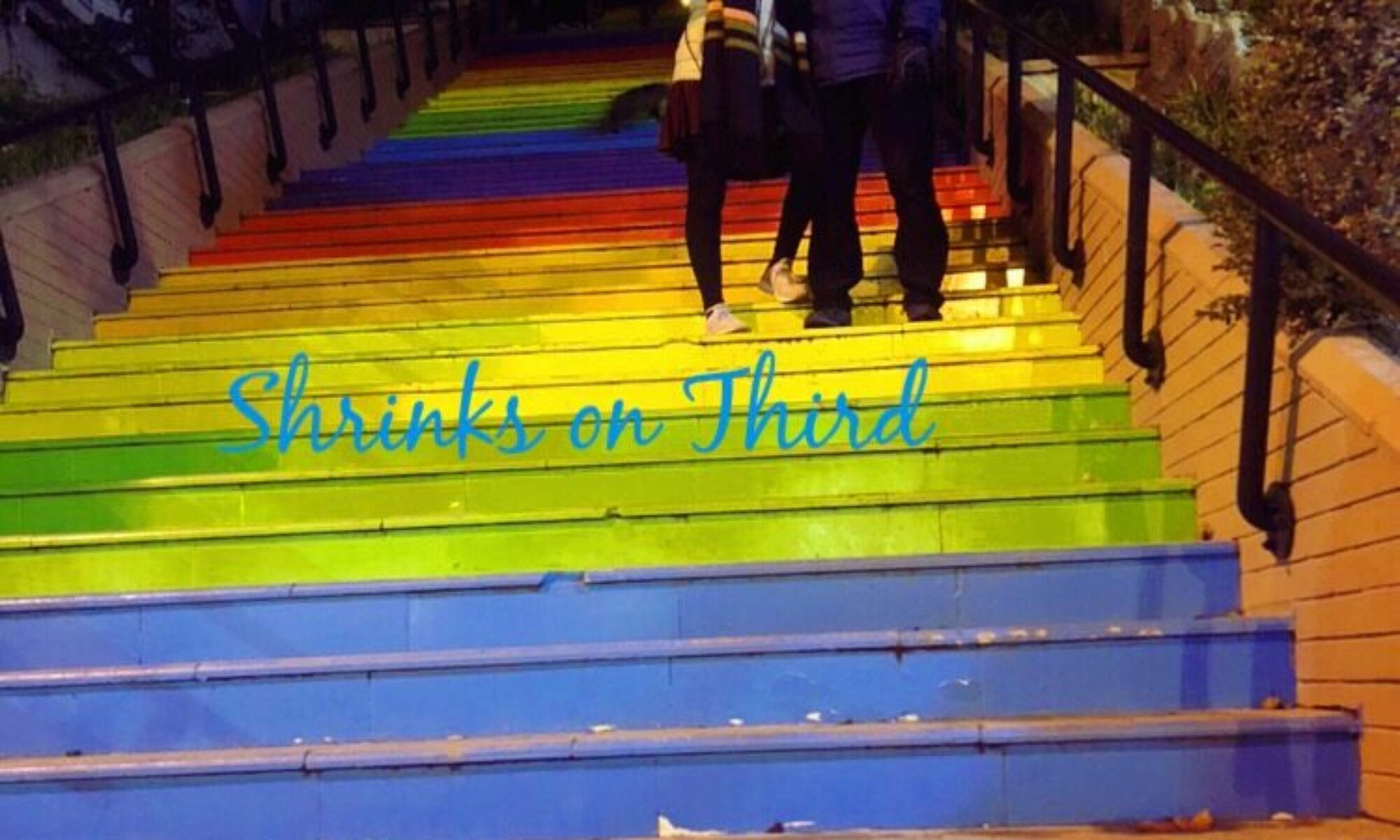The one in which we explore what a matriarchal society might look like. We also take a look at how the patriarchy showed up and dismantled some of the First People’s successful matriarchal/matrilineal organizational systems.
Critical Race Theory
The one in which we explore what critical race theory actually is and why it’s at the center of so much controversy right now.
Challenging Conspiracies
It’s time for our monthly After Hours conversation! This month we talk about how to talk to conspiracy theorists or people with cult-like beliefs.
Antebellum Era
The one in which we talk about why it’s a better idea to find a different party theme than Antebellum or a different celebration venue than a plantation. There’s a horrid past behind that beautiful landscape.
Viral Inequities
An After Hours session with Allison Gibbs, LCSW (Therapy Concierge, LLC) focusing on the Coronavirus health disparities highlighted in the news. We first debunk a very offensive and baseless idea that this is because of some biological predisposition to the novel coronavirus among Black people, and talked more sanely about why these inequities truly exist and why we’re seeing them right now. Not the most lighthearted of our After Hours conversations, but it’s always a positive experience to open up in heartfelt dialog with Allison.
Facing Change
The session in which we (Cindy and Julie) move to remote podcast recording as we adapt to current obstacles and needs. We discussed the many ways we’ve been adjusting to changes we now face day to day. As we moved to shelter-in-place, we experienced many different emotions and numerous situational challenges. We’ve also been working with people from many walks of life, all of us learning to adjust to new ways of being that none of us have chosen.
Self-Care
In this Shrinks After Hours session, we chat with Allison Gibbs, LCSW of Therapy Concierge, LLC and Holly Sawyer, PhD, of Life First Therapy, LLC about the importance of taking time for self-care. It was pre-recorded before we were all sheltering-in-place so not all of it may apply to today though much of it can still be helpful. We’ll be doing an update to talk about what self care looks like during a pandemic, but in the meantime, this session might offer some insights.
We explored our personal definitions of self-care, what keeps people from taking care of themselves, and what happens when they don’t. Listen in when you can – Maybe you’ll get some good ideas for your own self-care. We hope you do.
Intergenerational Justice
The session in which we had a spontaneous chat with Joyce E. Russell, RN, the mother of Assata Thomas, Director of the Institute for Community Justice. Assata’s mom accompanied her to our planned podcast session and sat in the waiting room while we talked to Assata about the social activism and justice work she is passionate about (you can hear the convo on our Prison Services and Reentry podcast). Afterward, we thought it would be nice to have Mom in the interview to talk for a few minutes about her daughter. Once we turned on the mic, we found out that Joyce has her own stories of social justice work having spent years as a nurse in a prison. She spoke about how the work changed her, and her ever-growing deep pride in her family which now has yet another generation of social justice warriors coming up.
Prison Services and Reentry
The session in which we chat with Assata Thomas, Director of the Institute for Community Justice, about the work she does to promote the Institute’s mission of supporting people and communities impacted by mass incarceration. Assata is a strong advocate in the fight for “a world free from mass incarceration where communities have equitable access to health, safety, justice, and the opportunity to design their freedom.”
Life without Parole
The session in which we met with Emily Abendroth and Layne Mullett, two collaborators in the LifeLines Project. Other collaborators on this long-term media project include 8 people serving sentences of Life without Parole, or in other words, the ‘other’ death penalty: Death by Incarceration.
Emily and Layne make it clear that they are not the most important voices in the project; if you want to hear what the other collaborators have to say, start at lifelines-project.org.
For a general understanding of the impact and immorality of Life without Parole and the LifeLines Project, this podcast session is a great start.
